
In a world where true adventure is so far from the average man, it’s one of the woods’ greatest lures.
When I was trying to get started hunting, I wanted to find adventure – but I had no idea where to start. Literally, I didn’t know “where?”
I had a lot of questions and concerns about safety, so I started doing my homework. I wrestled with some basic questions about hunting land, access, and navigation. And I tried several different options and outlets and got way too many opinions from the peanut gallery. So today, I want to attempt to distill those first few years of fumbling around and making enough mistakes for both of us into a few simple points. Hopefully this will save you some time, and help you understand your options as you’re looking for your next honey hole. This is a big, hairy, legitimate question. I read way too many local stories about guys getting shot while hunting public land. Preventing a “hunting accident’” (usually felony negligence and attempted man slaughter) has been high on my radar since Day One. Most hunting accidents happen on land that’s open to the public. So if I’m going out on public land, I’m always making considerations for safety. That said, public land offers some of the best hunting opportunities available. The tracts of land are usually huge and the animals are managed, even if only a little. You can also find lots of information before you ever set foot on the ground. Public land hunting has as many benefits as it does drawbacks. It’s simple enough – if a piece of land receives a lot of hunting attention, the hunting probably isn’t great. If there are a lot of easy access points, roads and trails, that’s good for hiking but bad for hunting. But if the terrain is nasty, steep, and hard to access, the big deer will probably be there and the hunters will not. Look for sanctuary areas with geographical or distance buffers on most sides to help deer feel unpressured. Those are the kinds of places that hold deer, but you’d better have on your good boots to access those places. Ease of access can affect hunting pressure, but so can the number of tags/licenses issued in the area. Check state records and local game offices to determine how popular certain areas are. If at all possible, hunt these high density areas during off times. I am lucky enough to have a job that lets me hunt popular areas during unpopular times and avoid too many encounters with other hunters. A couple of mid-week vacation days here and there may be more beneficial than a solid week of hunting if the area is heavily hunted. Too many hunters in an area are bad for hunting, and dangerous for hunters. Using good sportsmanship and etiquette enables us to share the land and enjoy the hunt without issue. In general, defer to the guy who got there first and keep your distance from other hunters while hunting. Every year, I’m buying my public land stamp and hunting some public land. Getting lost is no light matter when you’re out in the elements without shelter or sufficient food. GPS and mapping technology has ruined even the best boy scouts among us, but some general navigation tips can make an unknown hunting area as comfortable as your own backyard. Mark known boundaries. Maybe it’s the creek to the west that marks the property and the tall point on the far west that keeps you centered. Making note of some visible known property boundaries helps me keep my bearings while scouting. A GPS unit is a wise investment for anyone who plans to get off the beaten path and explore/scout. Most modern GPS’s can be loaded with property boundaries, which is SO helpful. I’ve also printed off maps with property boundaries marked and used my GPS compared to the map to keep myself from trespassing onto private land nearby. However you do it, make sure you know the property boundaries of a piece of property, and make sure they’re up-to-date. Some public land is restricted to foot traffic only. Some roads allow trucks but not ATVs, or ATVs but not trucks. And some public land allows camping anywhere, others only in designated camping areas. I hunted public land only for several years. When I finally secured some private hunting land, my opportunities more than doubled. The ability to control access by other hunters, run cameras to pattern deer, and get to know a piece of ground intimately is a huge asset. If you have the opportunity, finding some private access land is a great way to improve your hunting. Eventually you’ve just got to ask. Most land owners I’ve met aren’t excited about letting strangers with weapons on their property. It can be a hard sell, and you should be prepared for mostly “No” answers. But, when you get one or two who say “Yes”, it’s a game changer. You’ve just got to find them and ask. I know it sucks, but that’s the truth. Especially if you don’t want to pay for a lease. My friends over at TeamHUNT by onXmaps have some incredible technology that allows a hunter to track down landowners of a particular tract while scouting. Alternatively, I’ve been able to look up local land owners via county tax records and plots. Some counties/areas require this kind of info to be given in person at the courthouse, but I’ve been fortunate to find a lot of information on local government websites. When you find an area that looks really perfect, or you see deer in a field every time you drive by, get to work finding that land owner. One of the best things I’ve done to find private access lands is to just talk about it a lot. Casual statements like, “Yeah, I’m really trying to find another place or two to hunt,” have really helped me. I’ve been surprised how often folks respond, “Oh, you know my aunt is always complaining about the deer destroying her garden, and she’s got 80 acres up in Blank County.” A lot of those conversations never panned out, but a few did – and I’ve got the meat in my freezer to prove it. Something inside me was too proud and held out on getting in on a lease way, way, way too long. I wanted to be a public land hunter so badly, like it was some kind of badge to be worn. I looked around for a while, put the word out to friends that I was looking for a lease, and I was able to find a great piece of property that I’m leasing with a few guys who are good friends. It’s always available 100% of the time I want to hunt. I can manage it if I want, or just hunt it as if it were private, and for less than two or three trips down to our favorite WMA’s would cost, I have private access to private land. Not to mention the comraderies and sharing hunting camp with my good friends is worth every penny. Get off your high horse and go look for a lease. It’s worth it. One last piece of advice to guys who are looking for adventure: plan on communicating. It’s easy to get caught up in what’s over that next ridge and find yourself three miles from the truck with no idea where you are. Have a plan and tell it to people whenever you go hunting, even if it’s just for an afternoon. My wife always knows where I’m hunting, what time I expect to be back, and when I’m going to call to check in. We have an understanding that I might miss a daytime check-in point because I’m in the middle of a stalk or a deer is moving towards me. If I miss a late-night check in, she knows to be worried and she has the location to start the search for my assumedly bear-mauled self. Cell phones are not reliable. It can seem like all the good spots are taken. Take your time, bust your butt out there scouting and looking and asking and saving, and eventually you’ll find good hunting property. Public land can be a tremendous resource, and don’t count out the opportunity to lease access to private land. Now get out there and have an adventure! Pro Tip:
1. Should I Hunt Public Land?
1.1 Hunting Pressure
1.2 Other-Hunter Safety & Etiquette
1.3 I’m Going to Support the Effort
2. How to Navigate an Unknown Hunting Area.
2.1 Known Boundaries
2.2 Property Markers
2.3 Regulations, Restrictions, and Respect
3. How Can I Get Access to Private Hunting Land?
3.1 Find Land Owners and Ask
3.2 Use Public Records to Identify Potential Spots
3.3 Get the Word Out – A Lot
3.4 Consider a Lease
Horse crap.
4. Communication is Critical
4.1 Always have an Itinerary


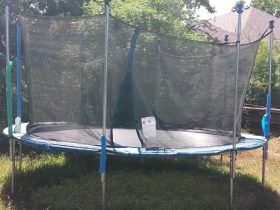



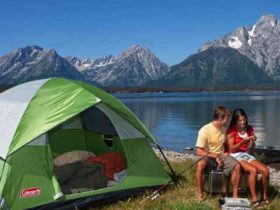


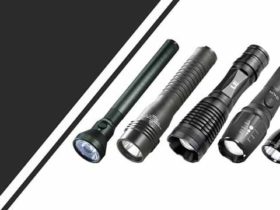
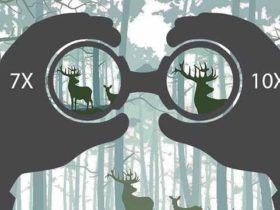
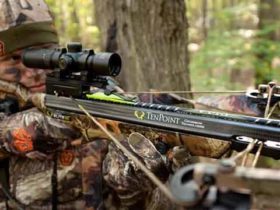
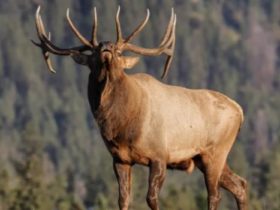
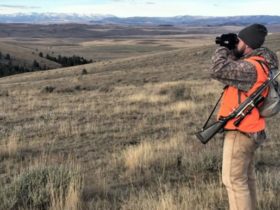
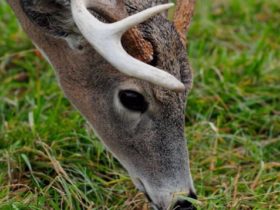
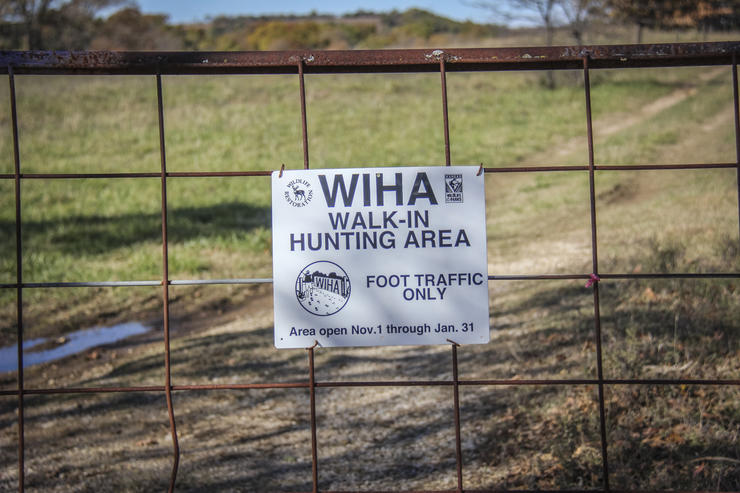
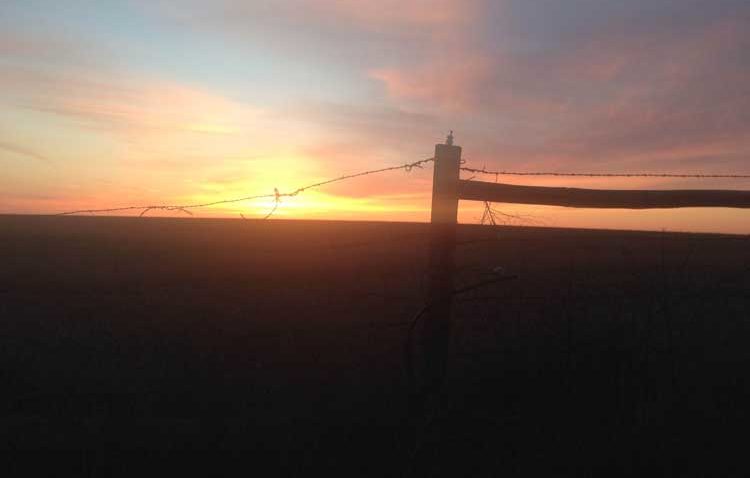
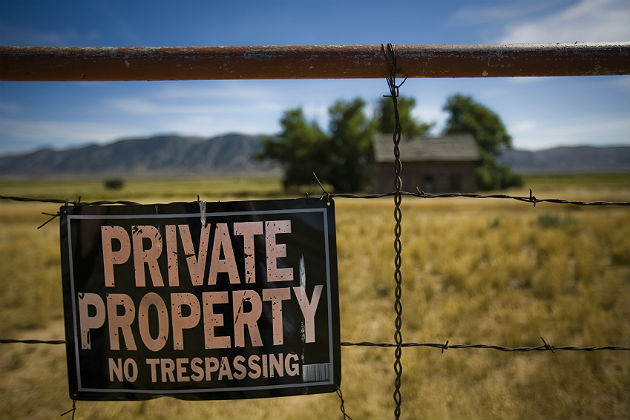
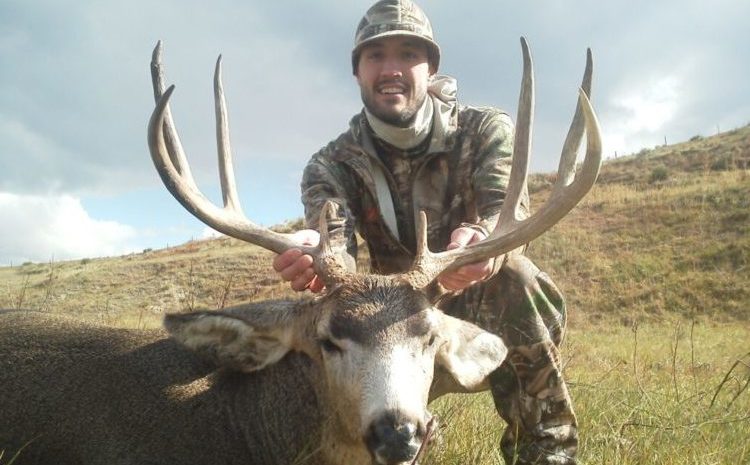




Leave a Reply
View Comments